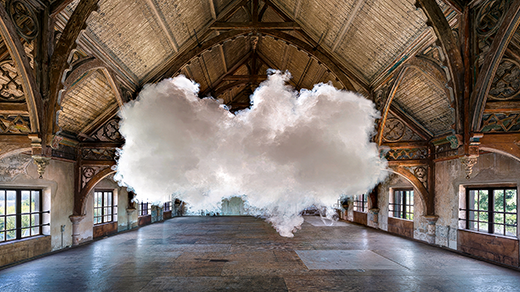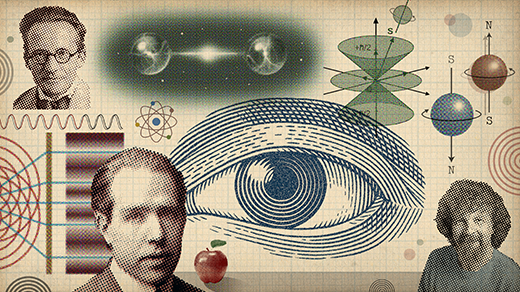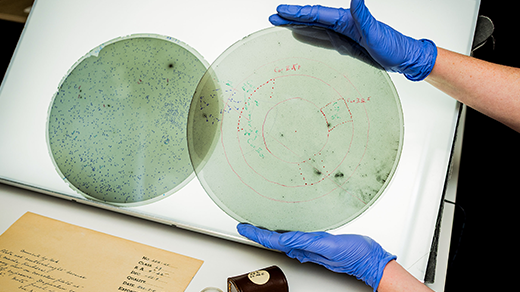What's up in
Physics
Latest Articles
Climate Physicists Face the Ghosts in Their Machines: Clouds
The planet is getting hotter, but one factor in particular makes it hard to tell just how hot it will get. Physicists and computer scientists are racing to solve the problem of clouds.
Are the Mysteries of Quantum Mechanics Beginning To Dissolve?
Columnist Philip Ball thinks the phenomenon of decoherence might finally bridge the quantum-classical divide.
Physicists Make Electrons Flow Like Water
We describe electricity as a flow, but that’s not what happens in a typical wire. Physicists have begun to induce electrons to act like fluids, an effort that could illuminate new ways of thinking about quantum systems.
How Modern and Antique Technologies Reveal a Dynamic Cosmos
Today’s observatories document every pulse and flash in the sky each night. To understand how the cosmos has changed over longer periods, scientists rely on a more tactile technology.

Is Particle Physics Dead, Dying, or Just Hard?
Columnist Natalie Wolchover checks in with particle physicists more than a decade after the field entered a profound crisis.
Monster Neutrino Could Be a Messenger of Ancient Black Holes
Primordial black holes could rewrite our understanding of dark matter and the early universe. A record-breaking detection at the bottom of the Mediterranean Sea has some physicists wondering if we just spotted one.
String Theory Can Now Describe a Universe That Has Dark Energy
In an unprecedented step, researchers crafted a detailed model compatible with the universe’s accelerated expansion.
In Quantum Mechanics, Nothingness Is the Potential To Be Anything
Try as they might, scientists can’t truly rid a space or an object of its energy. But what “zero-point energy” really means is up for interpretation.
The Year in Physics
Physicists spotted a “terribly exciting” new black hole, doubled down on weakening dark energy, and debated the meaning of quantum mechanics.







